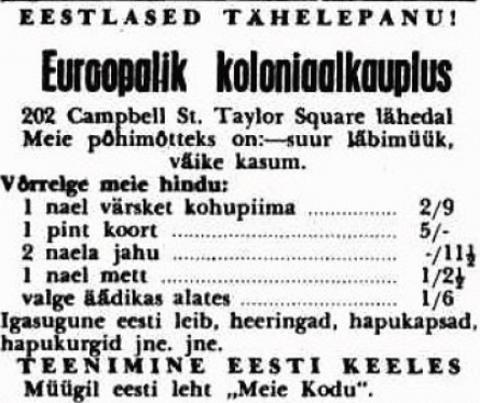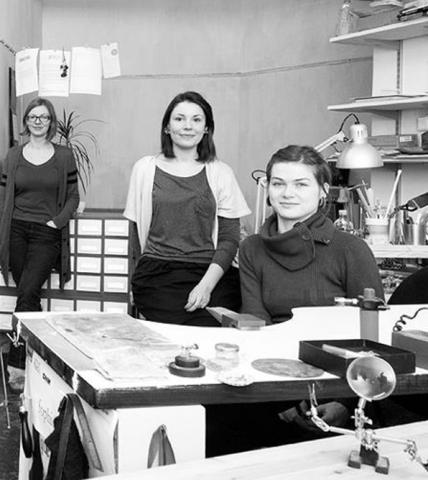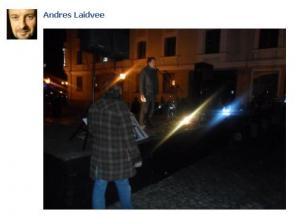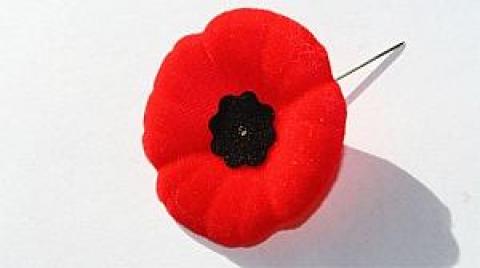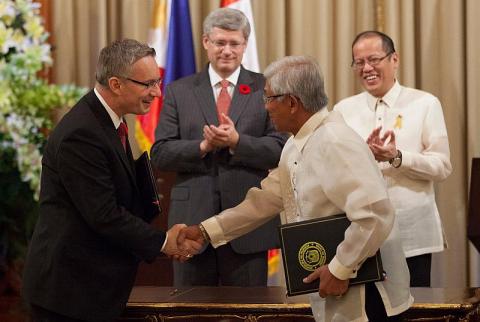Vladimir Socor
(This is the original article that was translated into Estonian – as well as condensed – by Eesti Päevaleht, appearing today, September 18 online, to mark the beginning of van der Linden’s official visit to the Baltic Republics. The Eesti Päevaleht article is at
http://www.epl.ee/arvamus/4004... )
The Council of Europe’s Parliamentary Assembly (PACE) Chairman, Rene van der Linden, fell into line with Moscow’s anti-Estonia propaganda during his just-completed visit to Russia. He was accompanied by Konstantin Kosachev, head of Russia’s delegation to PACE, during this trip, which included a visit to Kosachev’s electoral district in Chuvashia as well as Moscow, with media exposure along the way.
As quoted by Russian media (Interfax, July 30, August 1, 2; Russia Today TV, August 1), van der Linden’s news conference in Moscow and other statements gave a misleading perspective on recent and ongoing events in Estonia and on Russia-Estonia relations.
“I have repeatedly criticized the Baltic states for their attitude toward the Russian national minorities,” the PACE chairman assured his hosts. He promised to “call the most serious attention to the situation of the Russian-speaking minority in these countries” when he visits Estonia and the other Baltic states next month. By implying that there are serious problems there, van der Linden basically adopts Russia’s position. He implicitly contradicts the European Union and even the Organization for Security and Europe, both of which have long certified that the Baltic states fulfill these organizations’ criteria regarding national minorities. Almost certainly, the majority of PACE itself shares this view, as could be seen from Kosachev’s and his ad-hoc allies’ repeated failures to pass anti-Baltic resolutions on that issue at PACE.
Van der Linden also criticized Estonia for transferring the Soviet Army monument from downtown Tallinn. He regretted the failure to “respect the memory of the dead.” And he told his Russian hosts, “There were widespread feelings of dissatisfaction in Europe over the Estonian government’s conduct in this situation.” Both assertions are incorrect. The monument was transferred with full honors to a military cemetery -- the place by definition for honoring all dead soldiers. European media coverage of the event and of Russia’s response was on the whole the very opposite of what van der Linden’s statement implies.
The PACE Chairman felt troubled by officially tolerated hooliganism around Estonia’s Embassy in Moscow, for this stated reason: “The behavior of youth and [its tolerance by] security forces caused great disappointment, because to some extent they diverted attention from what happened in Tallinn. Russia did not receive international support because of what was took place here [in Moscow]”. While somewhat incongruous with the previous statement (about media coverage in Europe), this disappointment merely implies that the actions in Moscow were counterproductive to Russia, not that they constituted an outrage against international law and Estonia. The statement also fails to indicate that those actions were no spontaneous “behavior of youth,” but an operation of the Kremlin-sponsored Nashi organization.
Van der Linden claimed credit for having written to Estonian Prime Minister Andrus Ansip ahead of the monument’s transfer, asking him to “pay heed to the feelings of a large part of [Estonia’s] citizens, not act unilaterally” -- and then expressing to him “vivid regret over the fact that they did not heed my request.” In fact, however, the “unilateral action” was a fully legal decision by a democratically elected government, with a large popular mandate, to transfer a symbol of Soviet rule from its obtrusive central location -- and, in relocating it, perhaps to change its meaning, from a military occupation monument to a funeral military monument.
As cited by Russian media, the PACE chairman did not seem to criticize the Russian youth’s drunken violent rampage in downtown Tallinn or the siege-and-vandal actions against the Estonian embassy in Moscow; and did not seem to object to Kremlin-controlled media’s encouragement of those actions or to the Russian cyber attacks against Estonia’s internet networks.
However, van der Linden turned on Estonia again for “referencing the Nazi past” in two commemorative events. One is the Erna Raid, a military-sporting competition held annually in mid-August in Estonia under the Defense Ministry’s aegis, with participation of teams from NATO countries and neutral/nonaligned ones. The grueling competition follows through woods and swamps the itinerary of an Estonian guerrilla detachment that landed in the summer of 1941 from Finland and harassed the retreating Soviet forces. (Russian President Vladimir Putin bears an added personal grudge against Estonia because his father took part in that Soviet retreat.) The other event was a memorial religious service and reunion of Estonian, Scandinavian, and Austrian veterans last week on the Sinimae Hill, where Estonians alongside German forces in 1944 tried to halt the Red Army’s re-occupation of the country.
The PACE chairman warned against holding the annual Erna competition. If held, he warned, “We can introduce this issue to the PACE agenda in October, apply political pressure, draw greater attention [to this issue] in the Council of Europe” (Russia Today TV, cited by Interfax, August 1).
Such an attitude follows the Soviet and post-Soviet Russia’s official logic on two counts. First, that resistance to the Red Army was inherently illegitimate and conflatable with “fascism” in an occupied country or one targeted for occupation. Second, that Estonia (in this case) should be criticized for remembering an act of national resistance and its casualties, although Russia should be sympathetically understood for wanting to keep a monument to the Soviet “liberation” of that country in its capital.
More broadly, van der Linden’s statements demonstrate his failure as head of a democracy-promoting organization to address Russia’s rejection of Vergangenheitsbewaeltigung [coming to terms with the totalitarian past] or indeed the growing official approval bestowed on the Soviet period.
On other issues, van der Linden fully embraced Russia’s position against Kosovo’s independence, thus again contradicting a common Western position. And he declared himself “resolutely against” U.S. anti-missile defense in Europe on the sovereignty-denying grounds that it is not up to a few countries to take such decisions. While many in Europe indeed favor an overall NATO solution to this issue, van der Linden called for a solution through the NATO-Russia Council, thus a powerful Russian influence and possible veto on the decision.
Van der Linden conveyed the impression that Moscow propagates -- operating through Kosachev at PACE -- namely, that Estonia is a problem country in Europe. According to Estonian parliament’s European Affairs Committee chairman, Marko Mihkelson (also head of Estonia’s delegation to PACE until recently), van der Linden “has shown clear sympathy toward Russia’s positions in the last few years. He should know himself whether such a stance is influenced by his family’s reported economic interests in Russia” (BNS, August 2).
That personal stance is, quantitatively speaking, just small potatoes when compared with the implications for the Council of Europe’s credibility. Van der Linden’s biased statements have demonstrated strong bias, ahead of his visit next month to Estonia on Russian minority-related issues. Van der Linden completes his chairmanship at PACE next January. A Russian politician with close Kremlin ties, Mikhail Margelov, seems strongly positioned to take over PACE’s chairmanship through a backroom deal. A vote by PACE for Margelov would be a vote against PACE’s own credibility.
(Interfax, July 30, August 1, 2; Russia Today TV, August 1)
EURASIA DAILY MONITOR Volume 4, Issue 151 (August 03, 2007)
PACE Chairman bending to the Kremlin wind against Estonia (11)
Kuumad uudised | 18 Sep 2007 | EWR
Viimased kommentaarid
Kommentaarid on kirjutatud EWR lugejate poolt. Nende sisu ei pruugi ühtida EWR toimetuse seisukohtadega.
Thirty years ago, Amnesty International was a respected and effective voice for those imprisoned for voicing an opinion, so long as it didn't advocate violence. That was the full scope of its mission.
Today, it styles itself as the final adjudicator of everything and it's also irrationally anti-American. Their statement on Russian rights in Estonia is simply ridiculous. No one can take AI seriously anymore.
Today, it styles itself as the final adjudicator of everything and it's also irrationally anti-American. Their statement on Russian rights in Estonia is simply ridiculous. No one can take AI seriously anymore.
Kuumad uudised
TRENDING






